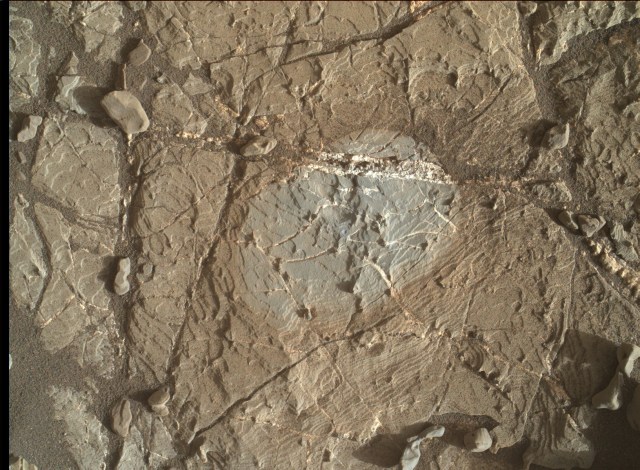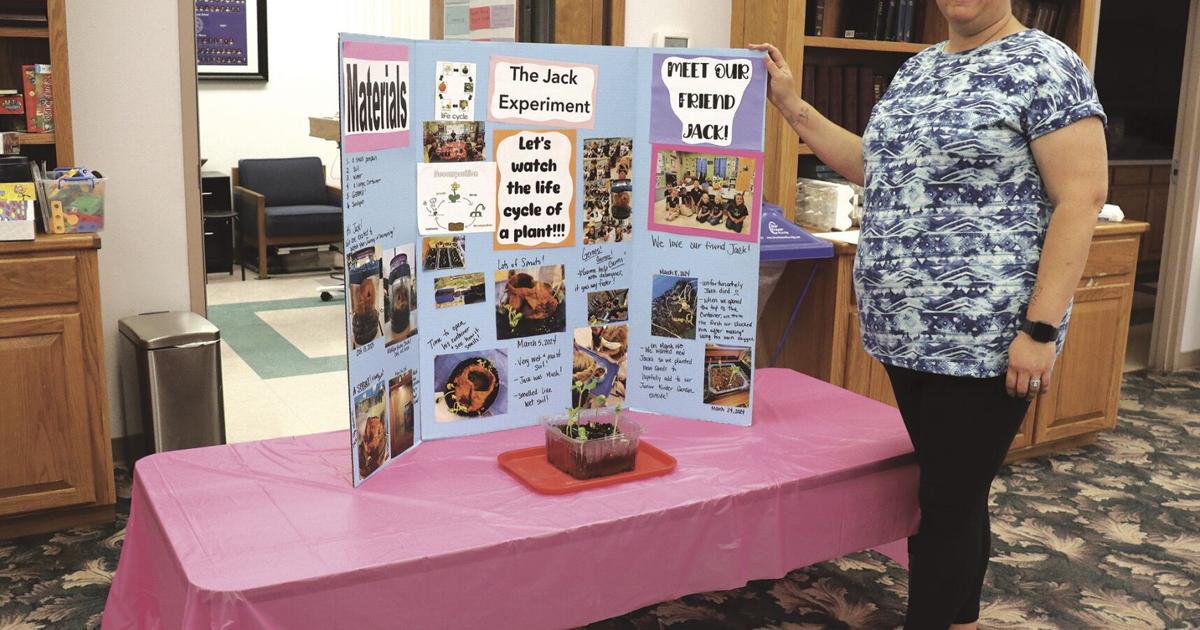
Robin Eddy/Staff
Māori people in science are treated differently, and a new online platform hopes improving diversity will change this, says Pauline Harris, associate professor at Massey University.
Astrophysicist Pauline Harris (Rongomaiuhin, Ngati Rakaipaka, Ngati Kahungunu ki Wairoa) had an interest in science from a young age.
“I really loved space and was a Star Trek fan… and that kind of sparked my curiosity in science,” she said.
Harris earned her PhD from the University of Canterbury and is now an associate professor at Massey University, but said she faced barriers as Māori.
“Some of the teachers at school would say I was stupid and good for nothing… just that racism and that kind of doubting your ability,” she said.
“People will question your ability, and in fact, there’s this invisibility where people don’t even hear what you’re saying, especially when you’re in a male-dominated field.”
New Zealand Defense Force
The RNZAF runs an annual School to Skies program to give young women a taste of life in Air Force and STEM careers. (Video was first published on February 21, 2023.)
IYM anytime It is a free online platform to help young women explore study and career options in science, technology, engineering, mathematics and high-tech manufacturing (STEMM).
Launched on Monday by Innovative Young Minds (IYM) Charitable FundIt provides one-on-one mentoring, creates networking opportunities, and profiles women who have achieved success in STEM fields.
“A lot of them want to know the stories that aren’t necessarily obvious…the ones that have had some bumps in the road,” said program director Emma Stoddart.
“Most of the people we interview grew up in New Zealand as well. So they might see someone who is Māori or from the Pacific Islands or someone who came from an area where they live.”
Stoddart said women are still significantly underrepresented in STEMM fields, creating barriers for those who want to enter the field.
supplied
Beyond Binary Code helps companies rewrite the internet to be more inclusive to their customers.
Just 4% of tech workers are Māori, 2.8% are Pasifika, and 27% are female, according to government data released in 2021.
“It’s very male-dominated… in terms of getting into a first-year university course in something like software engineering, and there were 200 guys and five girls… that’s probably the biggest barrier,” Stoddart said.
“It’s not necessarily that the boys or the guys in that class make them feel uncomfortable, but the fact is that they’re straight away from the minority in that group. Those feelings of there being only a couple of girls here and there being a lot of guys.”
She said it is important to improve diversity in STEM fields to address the problems of the future.
“Women also think about things differently, may see things differently and deal with things differently than men might,” she said.
“So having a good, diverse team will help address a lot of the issues we will face with climate change and the changing environment in the years to come.”
IYM anytime It is aimed at students from Years 9 to 12 and will provide free guidance and career advice through funding from the Gatung Foundation.
Harris said she wants women and Māori who are interested in science to believe in themselves.
“We come from brilliant travellers, innovators and scientists… We are their descendants.”






